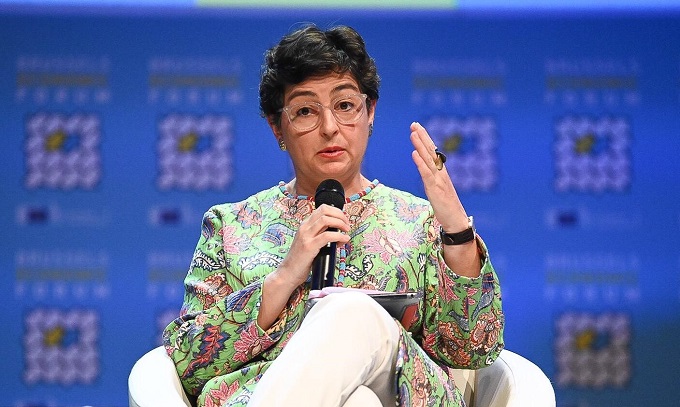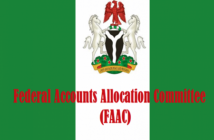The Executive Director of the International Trade Centre (ITC), Ms Arancha Gonzalez, has commended President Muhammadu Buhari for signing the Africa Continental Free Trade Area (AfCFTA) agreement.
Gonzales gave the commendation on Tuesday while speaking to the News Agency of Nigeria (NAN) on the sidelines of the World Export Development Forum (WEDF) 2019.
The WEDF coincides with the ongoing 2019 Africa Industrialisation Week in Addis Ababa, Ethiopia.
She said that the Nigerian President and his team must have come to terms with the reality of the urgent desire to enhance economic competitiveness of Africa.
Gonzalez said that for a long time, there were big and lofty plans toward economic integration but proved to be mere aspirations.
The ITC boss also said that there was no real concrete plan to drive the economic integration.
“There were many big ideas and many declarations before but as far as I could see, the concrete step to lead Africa to a more integrated market started with AfCFTA.
“There are two things that distinguish it from previous exercises.
“One is the level of concreteness and two is that in the past, a lot of these declarations were signed by trade ministers and country negotiators,” she said.
The executive director noted that the AfCFTA would enhance global competitiveness of African goods.
According to her, if African countries do not integrate, they will remain 55 fragmented economies that could not compete globally.
“There is no shying away from the fact that AfCFTA is all about making African economy competitive.
“After enduring domestic misunderstanding about the agreement, it’s heart-warming that President Buhari signed up, she said.
NAN reports that on May 30, 2019, the agreement establishing the AfCFTA officially entered into force.
President Buhari committed Nigeria to the AfCFTA during July African Union Summit in Niamey, Niger.
With 54 out of the 55 member states of the AU signing the agreement, Africa brought into being the largest trading bloc since the formation of the World Trade Organisation (WTO).
NAN also reports that following the ratification and entry into force of the AfCFTA, five supporting Operational Instruments were launched during the AU Summit in July.
These instruments are the key tools that will support the launch of the operational phase of the AfCFTA with start of trading scheduled for July 2020.
The instruments are the Rules of Origin; the Tariff concessions; the Continental Online Tool/Mechanism for monitoring, reporting and elimination of Non-Tariff Barriers (NTBs).
Others are, the Pan-African Payments and Settlement System (PAPSS); and the African Trade Observatory.




